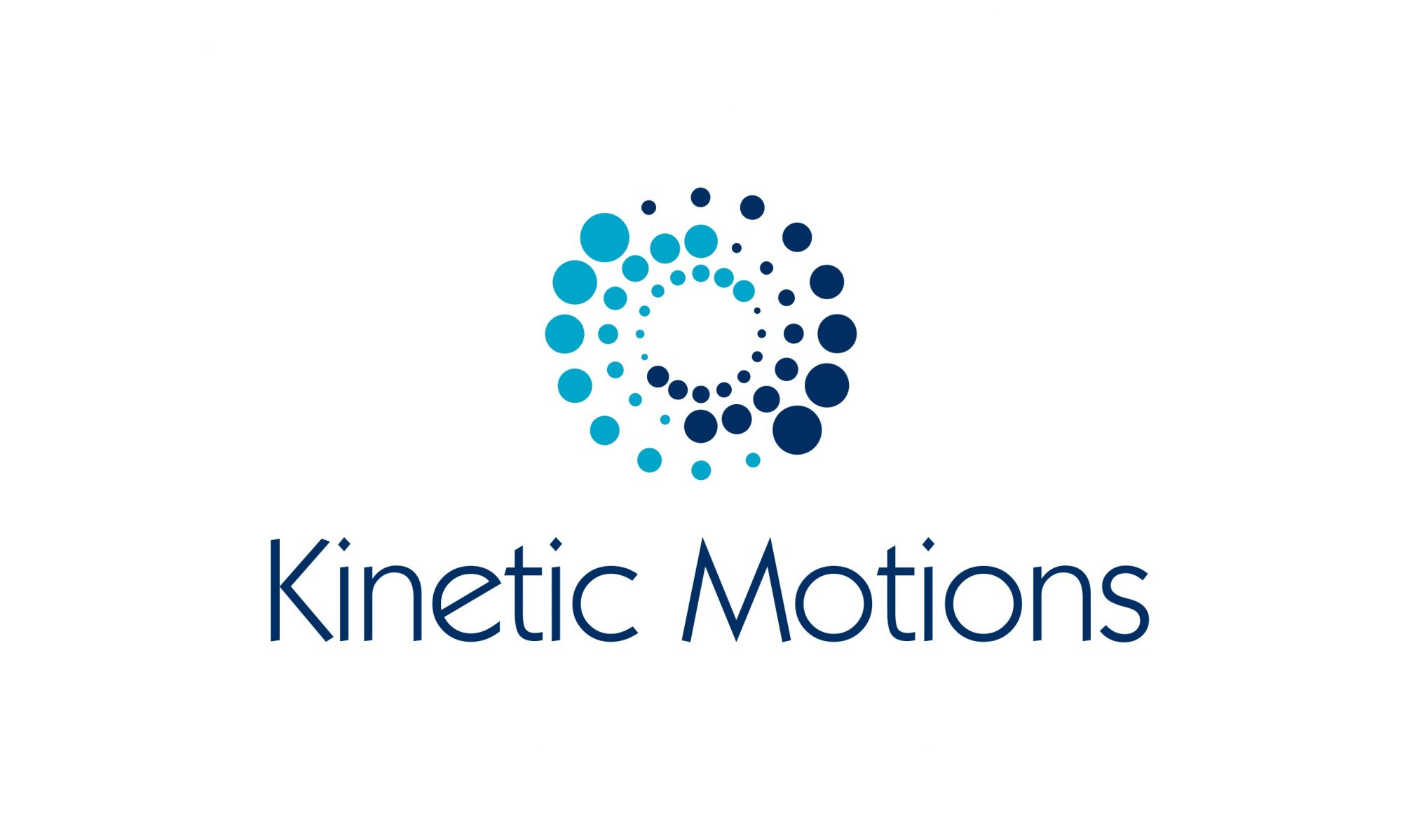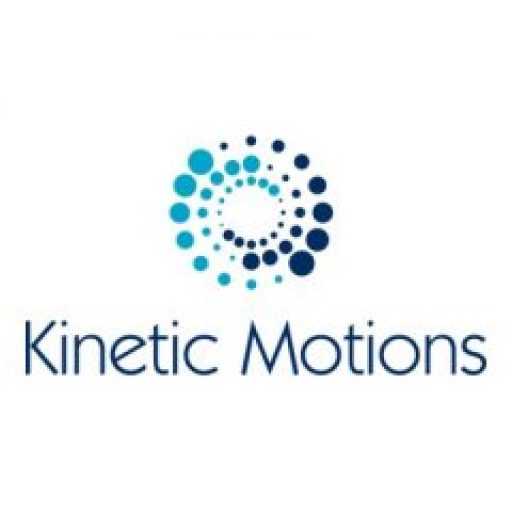A couple of weeks ago I wished all my readers a Happy New Year. When the sun went down on September 20th, it was the start of a new year, according to the Jewish calendar. The first month of the year is called Tishrei. It begins with Rosh Hashana, ten days later we mark Yom Kippur and a few days later, on the 15th of the month, we celebrate the holiday of Sukkot. Sukkot culminates in Shemini Atzeret and Simcha Torah. So, there’s a whole bunch of Jewish holidays crammed into a three-week period every year. Rabbis and scholars tell me that it’s a time of reflection, when sins are considered and our fates are sealed. It is a time of year that for those who observe, religion plays a central role in life. But instead of considering my sins or how good a person I am, I have been thinking more about the question, do most of us really understand religion?
Jews around the world marked Yom Kippur on Friday night and Saturday of this past weekend. The literal translation into English is Day of Atonement. Many people would consider Yom Kippur to be the holiest day of the year. It’s the day of repentance, the day we reflect on our lives and hope that our fates are sealed into the book of life.
The holiday, like all Jewish holidays, begins at sundown. First, we eat before we fast for almost 25 hours (what would a holiday be, no matter what religion you observe, without food?). Then, as the sun sets, the most highly attended prayer service of the year for Jews, begins. Kol Nidre. Kol Nidre is not actually a service rather it is the prayer which opens the holiday of Yom Kippur. Jews around the world have been raised and told by their parents, grandparents and friends that THIS is the holiest night of the year. THiS is the service you must attend, if you are going to go to synagogue just once each year.
The prayer is in Aramaic, a language that is related to Hebrew, but it’s not Hebrew. I am going to make a guess here that the majority of people who are packed into synagogues around the world, who stand there and quietly chant this solemn prayer, have no idea what it means or why they are standing there stuffed into the room with a bunch of well-dressed strangers.
The words the congregation hears, said three times are:
All vows, renunciations, bans, oaths, formulas of obligation, pledges, and promises that we vow or promise to ourselves and to God from this Yom Kippur to the next—may it approach us for good—we hereby retract. May they all be undone, repealed, cancelled, voided, annulled, and regarded as neither valid nor binding. Our vows shall not be considered vows; our renuncia- tions shall not be considered renunciations; and our promises shall not be considered promises.
Then everyone in the room says three times (in Aramaic):
“The entire congregation of the people Israel shall be forgiven, as well as the stranger who dwells among them, for all have erred.”
Then the Rabbi (or cantor) closes with the famous prayer, in Hebrew, She-hecheyanu, : “Barukh atah Adonai, our God, ruler of time and space, for granting us life, for sustaining us, and for bringing us to this moment.”
Then the rest of the night is spent reciting the evening service, known in Hebrew as Ma’ariv.
I have attended many a Kol Nidre service in my 41 years. I have also spent hours at synagogue on Yom Kippur, as I flipped through the prayer book to check how many more pages until I could go home. I read, speak and write Hebrew and can confidently say I understand a fair amount of what’s written in Jewish prayer books. But, does being in synagogue, reading and reciting prayers, and listening to the Rabbi speak make me feel more religious? Does it help me grasp what religion is? For me, definitely not.
Do people suddenly discover religion on Yom Kippur? Do they alight to some spiritual plateau that I have yet to find? Will I ever find it?
This year, I will admit, I did not attend synagogue to hear Kol Nidre chanted. I have been fighting a cold for almost two weeks and didn’t have the strength to get to synagogue. I sent David with the three kids so that I could have a quiet evening at home. I will tell you that those precious few hours in my quiet house gave me the opportunity for true reflection (when I started to ask this question, do most of us understand religion).
By Saturday afternoon I felt better and joined David and the children at synagogue for Yom Kippur’s concluding service, called Ne’ilah. It is the least attended service of the Jewish holiday season, but it’s my favourite. It’s the one when I don’t check to see how many pages are left or stand miserably, pushed up beside some well-dressed stranger.
I find Ne’ilah uplifting, maybe even a bit exciting. As I stood there, as the service came to its climax, as the Book of Life was being sealed for yet another year, I suddenly realized what religion meant for me. It’s not about prayers or fasting or keeping kosher or other observances.
It’s about community.
The Ne’ilah service ended and the Havdalah service began. Havdalah, another Hebrew word, literally means “separation.” It is a wonderful, special ceremony that is performed to separate the Jewish Sabbath (or Holidays) from the rest of the week.
I stood there, holding my baby, arm in arm with my children, as we blessed the candles, spices, wine and the new week. Our synagogue group stood strong together and sang, not because we shared a religion or because we felt more devout but because we were a community. I think, as human beings, we all seek out community.
So maybe I was wrong. Maybe on this Yom Kippur I did finally reach that spiritual plateau. I did not find religion, but I found community.


